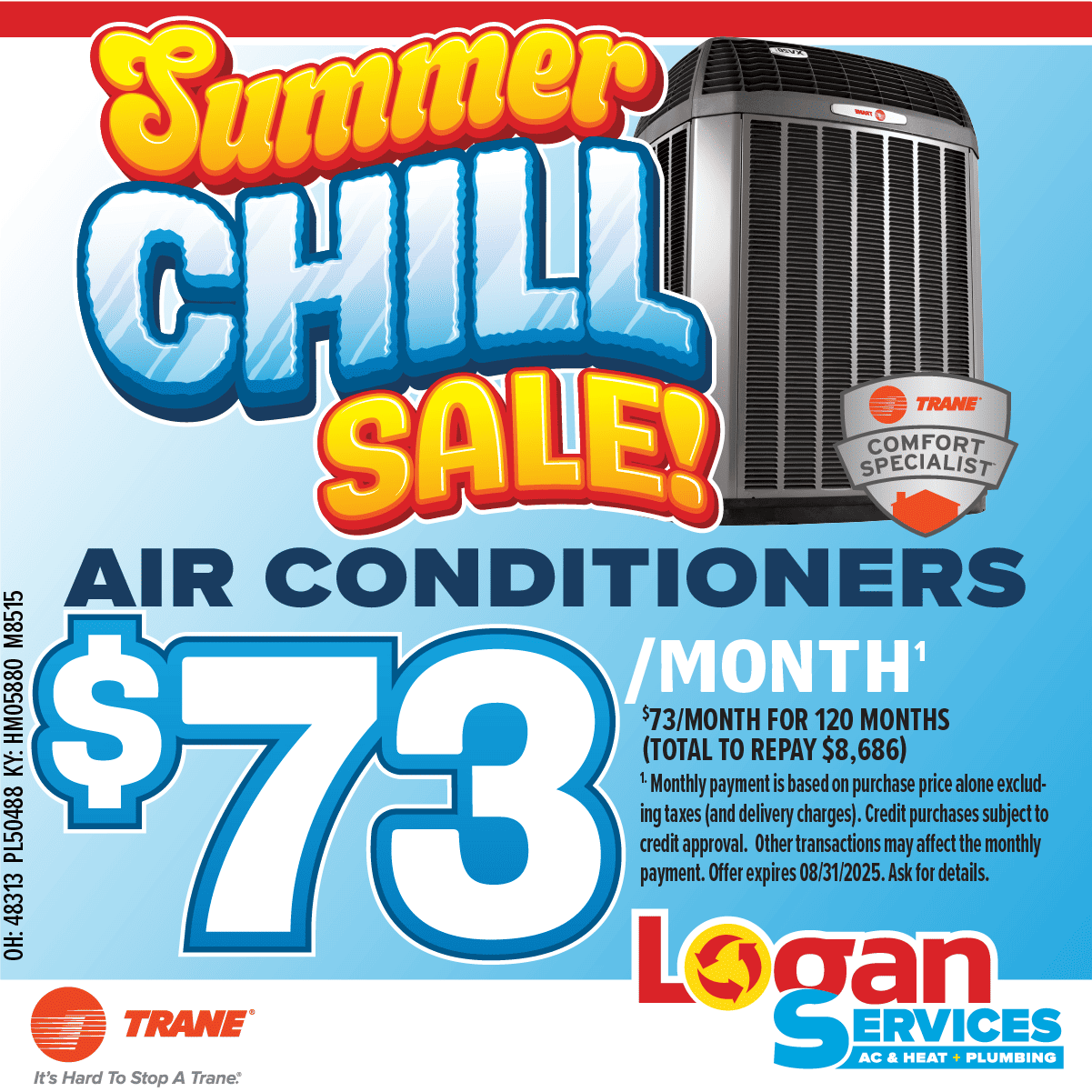Heat pumps have become an increasingly popular system for heating and cooling homes over the last few decades. They can provide an energy efficient alternative to furnaces and air conditioners. However, like any major system, heat pumps require proper maintenance and servicing to keep them running efficiently. Understanding what contributes to heat pump servicing costs can help homeowners budget and make informed decisions about care and repairs when needed.
Overview of Heat Pumps
Heat pumps are systems that provide both heating and air conditioning in a single unit. Unlike traditional combustion furnaces that burn fuel to generate heat, heat pumps work by transferring existing heat between indoor and outdoor air. During mild-temperature heating season, they absorb ambient heat from outside air and pump it indoors to warm the home. In warmer weather, the process reverses – heat pumps remove heat from indoor air and discharge it outside to cool your home.
This ability to move and concentrate naturally existing heat, rather than generating new heat through combustion, is what makes heat pump systems so much more energy efficient for both heating and cooling needs. They utilize electricity to run fans, compressors, and pumps but the heat itself comes from the external environment. Modern heat pump efficiencies far surpass even the highest-efficiency gas furnaces.
Heat pumps gained broad adoption in the 1970s and beyond. While initially more common in moderate southern climates, cold weather heat pump technology has advanced to make them effective even in colder northern zones. Their energy savings potential has made them an increasingly popular system choice from warm to cold regions.
How Do Heat Pumps Work?
The core components and operating principles allow heat pumps to both heat and cool by moving heat between indoors and outdoors:
- Evaporator Coil – This coil contains refrigerant and is placed in contact with lower-temperature air, either outdoors or indoors, depending on the mode. When the refrigerant passes through the evaporator, it absorbs heat from the surrounding air space and evaporates from a liquid to a gas.
- Condenser Coil – After absorbing heat and evaporating to a gas, the hot refrigerant gas passes into the condenser coil where it is in contact with higher temperature air, either indoors or outdoors. As it condenses back to a liquid, it releases concentrated heat to warm the surrounding air.
- Compressor – To drive the refrigerant cycle, an electric compressor pressurizes and pumps the refrigerant between the evaporator and condenser coils. This allows it to evaporate and condense repeatedly, moving heat as it changes phase.
- Reversing Valve – This device reverses the direction of refrigerant flow, sending it to the indoor or outdoor coils. This allows the heat pump to switch between heating and cooling modes.
In heating mode, the outdoor coil extracts heat from outdoor air while the indoor coil releases the concentrated heat indoors. During cooling, the outdoor coil discharges heat from the home while the indoor coil absorbs heat to provide cooled indoor air. The reversing of refrigerant flow enabled by a single system provides efficient year-round comfort.
Types of Heat Pump Systems
While heat pump technology itself works similarly across types, there are design variations optimized for different climates and homes:
- Air Source Heat Pumps – The most common type transfers heat between indoor and outdoor air. Fans blow air over the coils to improve heat transfer efficiency. Performance declines in extremely cold weather when outdoor air lacks sufficient heat.
- Geothermal Heat Pumps – Instead of outdoor air, these use underground piping to move heat between the home and the ground. These systems are more expensive to install and provide energy-efficient operation in cold climates.
- Ductless Mini-Split Heat Pumps – Unlike ductwork, mini-split systems have an outdoor compressor connecting to one or more wall-mounted indoor units. This provides zoning flexibility for additions or open floor plans.
- Dual Fuel Heat Pumps – These combine a heat pump with a combustion furnace and switch between the two for optimal efficiency and performance based on conditions.
With design advances and cold climate models, heat pumps today provide effective and efficient year-round heating and cooling in nearly all regions and home configurations.
The Factors Contributing to Heat Pump Servicing Costs
The average heat pump repair cost can vary considerably based on a number of important factors. Understanding what impacts servicing expenses can help homeowners better plan for annual maintenance and budget for repairs when needed. The key influences on heat pump servicing costs include:
Heat Pump System Size and Capacity
While likely not impacting costs significantly, the cost to service a heat pump can correlate to its size and heating/cooling capacity, with larger units that condition square footage having the chance of higher servicing costs due to requiring more refrigerant, larger components, and possible increased labor time. Proper sizing of a heat pump system for the home during installation is important to avoid higher operating costs long term.
The Type of Heat Pump Servicing Needed
Routine heat pump maintenance is cheaper than major repairs, so the specific service or repair needed directly impacts the total cost. Regular preventive maintenance can minimize the need for major repairs down the road.
The Age and Condition of the Heat Pump System
Older heat pump systems with accumulated wear and tear over years of use typically cost more to service than newer systems because components degrade over time resulting in more frequent repairs. Older part replacements are also potentially harder to access, which may drive up cost and repair completion times due to potential supply chain issues. Keeping up with annual maintenance can extend the lifespan of an aging heat pump.
Warranty Coverage and Service Packages
Manufacturer warranties and third-party service packages can offset some repair expenses in the first 5-10 years but have monetary and time limits, so are not a complete solution for lifetime maintenance costs. Reading what is covered under warranties and service plans is important to avoid surprise costs.
Breakdown of Typical Heat Pump Servicing Costs
While exact pricing varies, the following includes the main contributors to typical heat pump servicing costs:
- Cost of Routine Service and Maintenance
- Repairing or Replacing Specific Components
- The Cost of an Entire Heat Pump Replacement
How to Keep Heat Pump Servicing Costs Down
While heat pump service costs can’t be avoided entirely, some proactive steps can reduce the lifetime costs of a system:
Preventive Maintenance and Regular Service Checkups
Annual check-ups allow technicians to spot potential issues early, before they become major repairs. This minor annual expense can pay off long-term. Scheduling seasonal tune-ups in spring and fall ensures the heat pump is operating efficiently before peak heating and cooling seasons.
Proper Heat Pump Use and Care
Following operating instructions and avoiding things like setting extreme temperatures can prevent unnecessary wear and tear. Keeping outdoor units clear of debris also reduces strain. Changing air filters monthly improves air flow and prevents strain on the blower motor.
Investing in Energy-Efficient Models
While energy-efficient models have a higher upfront cost, they can have lower operating and servicing costs over their lifetimes compared to cheaper, inefficient heat pumps. Upgrading older equipment to newer high-efficiency systems can yield significant cost savings on utility bills.
The Importance of Using a Professional
Trying DIY repairs on a heat pump system often results in costly mistakes and damage. Paying a professional technician saves money in the long run. Licensed technicians have the proper training, tools, and expertise to accurately diagnose and fix problems.
While the cost to properly service a heat pump can seem high, regular maintenance and prompt repairs when issues arise can save bigger expenses long-term. Preventive check-ups, following operating guidelines, investing in quality equipment, and utilizing professional technicians will keep your heat pump system operating efficiently at the lowest cost through its service life. Considering lifetime system costs during purchase decisions is also an important part of minimizing heating and cooling expenses for your home.
Frequently Asked Questions
How often should you service a heat pump?
Annual servicing and maintenance is recommended to keep a heat pump running efficiently. Check-ups allow technicians to inspect components and identify potential problems early.
Why is my heat pump so expensive to repair?
Heat pumps have complex components containing refrigerant, motors, coils, compressors, etc. Diagnosing issues and replacing parts can be labor intensive. Older and improperly maintained heat pumps tend to have higher repair costs, where replacement is often a more economical solution.
Can I repair a heat pump myself?
Heat pump systems have complex components that require specialized tools, refrigerant handling, electrical expertise, and diagnostic skills. DIY repairs often create bigger issues. Hiring a professional technician is highly recommended.




















